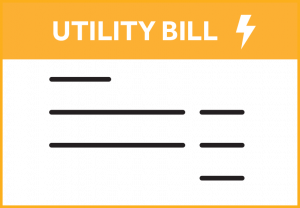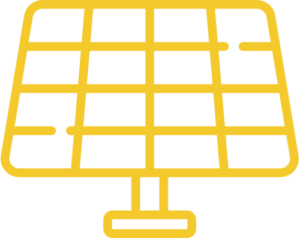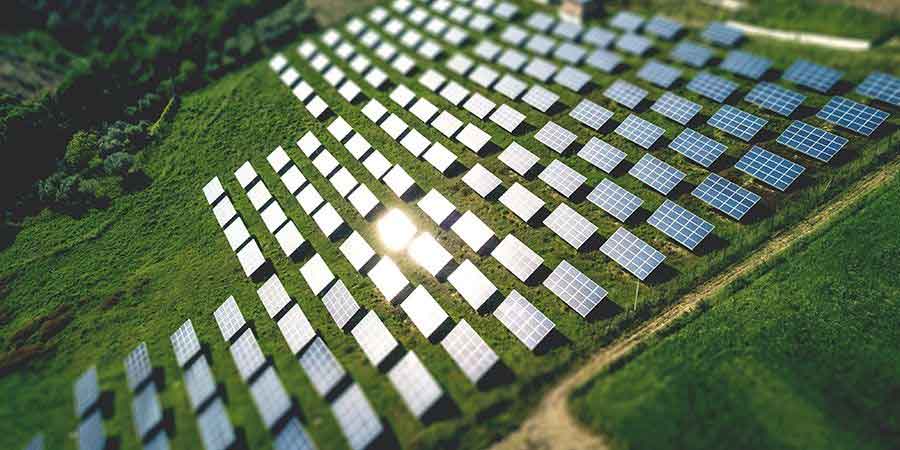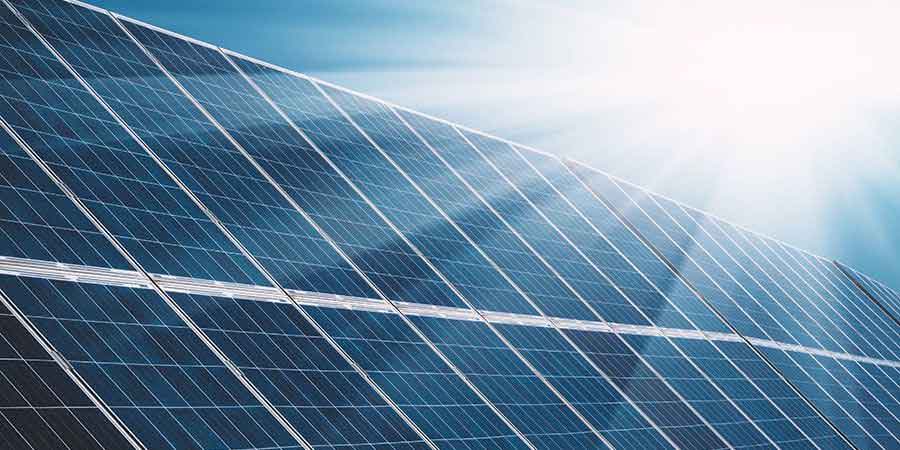Community Solar and Massachusetts Utilities
Learn how renewable energy solutions interact with Massachusetts utility companies.
Are you interested in Community Solar?
Let our solar specialists help you find the solar solution for you.
Learn MoreHow Community Solar Companies Work with Your Local Massachusetts Utilities
Massachusetts residents are making meaningful strides when it comes to finding ways to power their homes with renewable energy. In fact, as of 2020, enough solar has been installed throughout the Commonwealth to power 495,880 homes. However, despite having an interest in solar energy, many residents do not want to commit to rooftop solar panels due to high installation and maintenance costs. For other residents, roofs may not qualify due to age and shading.
Fortunately, there is another solar option available in Massachusetts called Community Solar, sometimes referred to as “shared solar.” Massachusetts Community Solar farms enable residents to participate in a local, 100% renewable solar energy program without rooftop panel installation on their property, and without enrolling on a Retail Electric Supplier’s green plan, which often feature premium charges. Renters may also be able to participate in a Community Solar project, which is a welcomed option for those interested in renewable energy but limited by the inability to install solar panels.
The energy generated by the Community Solar farm is supplied to the local power grid, replacing polluted power from fossil fuels with 100% renewable power. In return, Community Solar farm subscribers receive solar bill credits applied to their monthly utility bill, helping reduce their electricity charges. Because solar bill credits are applied to utility bills, the relationships between local Massachusetts utilities and Community Solar providers are important.
How Do Community Solar Providers Work with Local Massachusetts Utility Companies?
There are three primary public utility providers that deliver electricity to residents in the Commonwealth of Massachusetts:
- Unitil (Fitchburg Gas & Electric)
- National Grid (formerly Mass. Electric and Nantucket Electric)
- Eversource Energy (formerly NSTAR and WMECo)
Clearway works with both National Grid and Eversource to support Community Solar subscribers. Community Solar companies like Clearway are not utility companies or retail electric companies, so residents that are interested in participating in a solar project do not have to cancel their agreement with their municipal utility provider. If the customer is using a retail electricity provider, they can also still subscribe to a Community Solar project.

When utility customers decide to participate in a Community Solar farm, they still receive an electric bill each month from that utility. In short, billing proceeds as usual. But now, thanks to a Community Solar subscription, customers are able to reduce their utility bill by earning solar bill credits. In most cases, the solar bill credits that result from the solar output are applied directly to a customer’s utility bill. The utility works with Clearway to identify all customers participating on the Community Solar project. The utility then reports the solar farm’s production and is able to translate that production to a solar bill credit for each customer, which can vary based on their subscription size. The solar bill credit is applied to the utility bill by the customer’s utility.

Once the utility reports the solar production for customers back to Clearway, Clearway is able to generate bills for customers. Customers pay Clearway separately for the cost of the solar bill credits, based on their contracted rate. Currently, Clearway Community Solar’s program is available to National Grid and Eversource utility customers, and Clearway offers guaranteed savings – 7% off the cost of the monthly solar bill credits. That means that dirty power is replaced with clean power on the grid, and subscribers will always pay 7% less for that power. Once a Massachusetts utility customer with National Grid or Eversource is enrolled with Clearway, Clearway works closely with the utilities to ensure the application of bill credits.
In fact, Clearway’s relationship with local utilities begins in the development process. After a Community Solar farm has completed construction, it must be approved by the utility and will enter into an interconnection phase to ensure the flow of the renewable energy to the power grid. Once active, Clearway works with utilities every month in the process described above.
Are There Clearway Community Solar Farms in Massachusetts?
Yes! Clearway Community Solar is the largest developer of solar projects in the United States, including the Commonwealth’s largest operational Community Solar farm project, Clearway’s Spencer, Massachusetts farm spanning more than 200 acres. Clearway has solar projects that serve the communities of Greater Boston, Spencer, Pepperell, Freetown and more. Residents of Massachusetts who are interested in getting started with solar energy without a rooftop installation or maintenance have the opportunity to take advantage of locally produced clean energy right in their own communities. To learn more, schedule a free consultation today.



